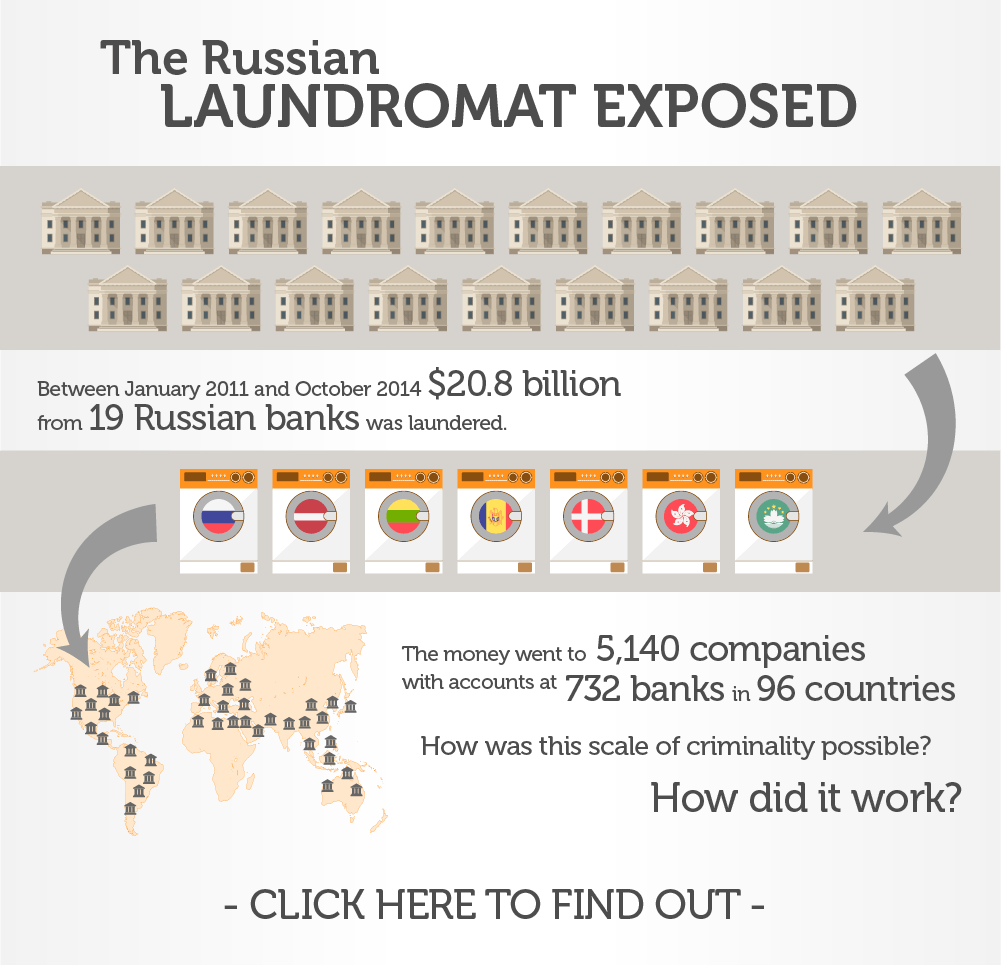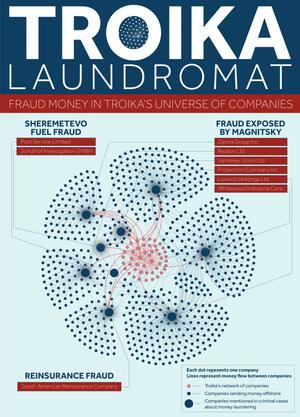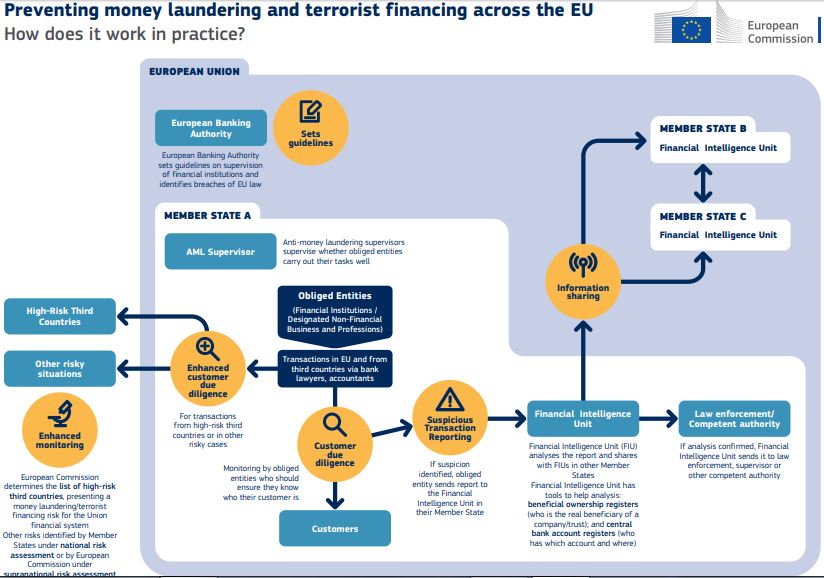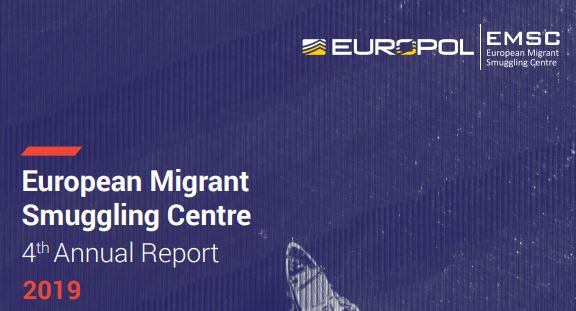Laundromats are complex systems for moving money that allow corrupt politicians, organized crime figures, and wealthy business people to secretly invest their ill-gotten millions, launder money, evade taxes, and fulfill other goals.
OCCRP (Organized Crime and Corruption Reporting Project) has previously exposed such schemes.
OCCRP exposed the “Russian Laundromat” – an immense financial fraud scheme that enabled vast sums to be pumped out of Russia. The money was laundered and moved into Europe and beyond through bribery and a clever exploitation of the Moldovan legal system.
OCCRP and Novaya Gazeta obtained detailed banking records for more than 120 accounts that made up the Laundromat. The results are “The Russian Laundromat Exposed” – a project which reveals far more about how the scheme worked and where the money went. The stories explain how more than $20.8 billion was taken out of Russia and laundered, who got the money, and why some of the world’s largest banks failed to shut the scheme down.


OCCRP and its reporting partners reveal a unique new Laundromat, created by a prestigious financial institution. This time, the work shows not only its beneficiaries but also exposes its mastermind and operator — Troika Dialog, once Russia’s largest private investment bank.
The scheme was discovered in a large set of banking transactions and other documents obtained by OCCRP and the Lithuanian news site 15min.lt. The data, which was compiled from multiple sources, represents one of the largest releases of banking information ever, involving some 1.3 million leaked transactions from 238,000 companies.
The main purpose of the system we’ve named the Troika Laundromat was to channel billions of dollars out of Russia. But it was much more than a money laundering system: The Laundromat allowed Russian oligarchs and politicians to secretly acquire shares in state-owned companies, to buy real estate both in Russia and abroad, to purchase luxury yachts, to hire music superstars for private parties, to pay medical bills, and much more.
To protect themselves, the wealthy people behind this system used the identities of poor people as unwitting signatories in the secretive offshore companies that ran the system.
Troika Laundromat: Vast Offshore Network Moved Billions With Help From Major Russian Bank, 4 March 2019
At first blush, Ruben Vardanyan and Armen Ustyan have nothing in common beyond their Armenian roots.
Vardanyan is a wealthy Russian banker who once led Troika Dialog, the country’s largest private investment bank. He’s spoken at the World Economic Forum in Davos and spent tens of millions of dollars on philanthropic projects in his native Armenia. Ustyan is a seasonal construction worker who shares a chilly apartment with his wife and parents in northern Armenia when he isn’t renovating flats in Moscow.
But Ustyan’s signatures on documents he says he’s never seen draw a direct line to Troika — and to a financial Laundromat that shuffled billions of dollars through offshore companies on behalf of the bank’s clients, many of whom were members of Russia’s elite. The system enabled people to channel money out of Russia, sidestep restrictions in place at the time, hide their assets abroad, and launder money. It also supplied cash to Russian President Vladimir Putin’s friends and powerful oligarchs, and enabled criminals to mask the illicit origins of their cash.
Ustyan’s name and a copy of his passport appear in the bank documents for an offshore shell company that played a role in Troika’s system. The company was one of at least 75 that formed the complex financial web, which functioned from 2006 to early 2013. Over that period, Troika enabled the flow of US$ 4.6 billion into the system and directed the flow of $4.8 billion out. Among the counterparties on these transactions were major Western banks such as Citigroup Inc., Raiffeisen, and Deutsche Bank. The dozens of companies in the system also generated $8.8 billion of internal transactions to obscure the origin of the cash.

